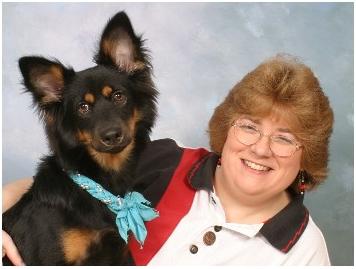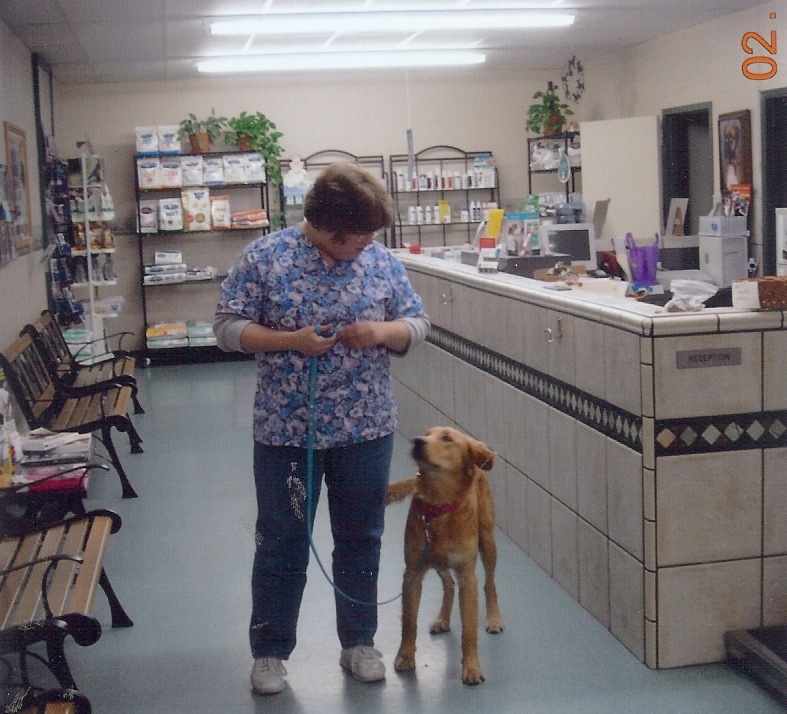Separation anxiety is one of the hardest behavior issues for pet parents and one of the most common behavior problems. During the last few years, with many people working from home, we could see an increase in separation anxiety when people start going back to the office.
Something that all pet parents should do is get your pet used to the fact that they may be left alone. This should start the first day you bring a new pet home. Using crate training and environment enrichment to give the dog a safe place and something to do will go a long way in preventing separation anxiety.
No matter the severity, there is no set time frame for treating separation anxiety. If you are already seeing signs of trouble, get help now. Mild cases of anxiety are much easier to work with than severe anxiety. Some cases may even require medication to help ease the dog's distress before, during, and after treatment is in progress.
This article by the Animal Humane Society has some good information on Separation anxiety in dogs.
While many trainers can assist in preventing separation anxiety and working through mild cases, more severe cases are better handled by someone who specializes in separation anxiety. There are veterinary behaviorists that specialize in behavior medication. Consult with your veterinarian and have your dog checked for underlying health issues that may be exaserbating the anxiety. They can help you determine what sort of help you need.
I would be glad to do a consult with you about your dog's separation anxiety. If I feel the case is mild, I may be able to help you address the problem. This is not something that can be 'fixed' in one session. If the anxiety is more advanced, I will refer you to your veterinarian so they can give you a referal to a local veterinary behaviorist. Alternatively, you may check out Ness Jones, a Certified Separation Anxiety Pro Behavior Consultant (Cert. SAPT) in Australia, who does online consultations. I recently attended a seminar that she hosted and presented at and feel comfortable referring people to her site.
Separation anxiety can be treated, but it takes commitment to helping your pet, time and patience. Don't give up, success is measured in small steps.
Additional information on Separation Anxiety, how to figure out if your dog has separation anxiety, and what you can do about it.
How to tell if your dog has separation anxiety and 5 things to do if she does
Separation Anxiety: The Great Imitator, Part 1
Separation Anxiety: The Great Imitator, Part 2
Separation Anxiety: The Great Imitator, Part 3
Separation Anxiety: The Great Imitator, Part 4












Shouldn't Your Pet Have Pawfect Manners?
You can have a well-behaved pet, let me show you how.
Schedule Your Class!(281) 440-6818
judy.pawfectmanners@gmail.com